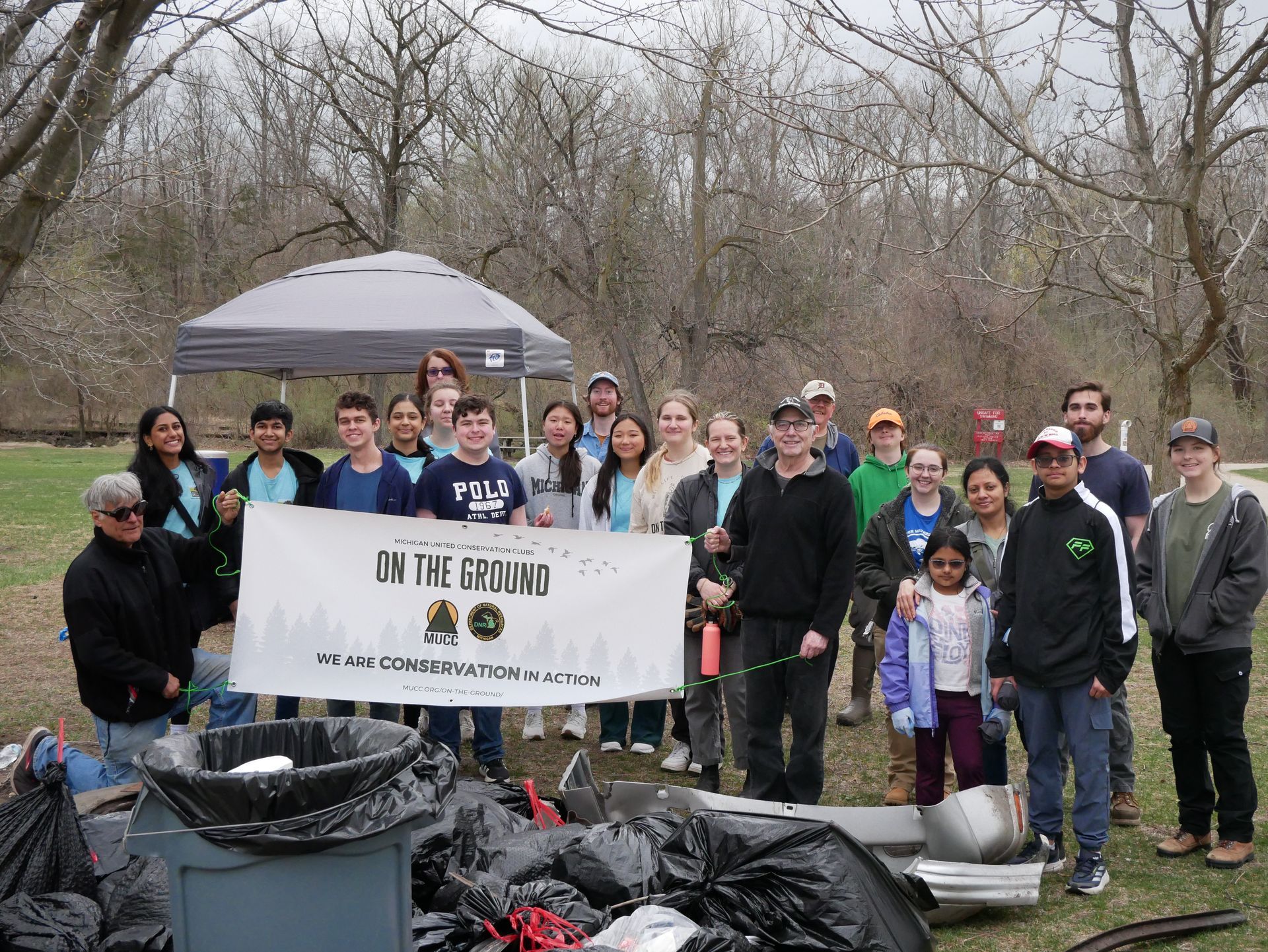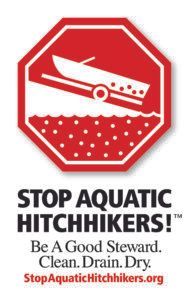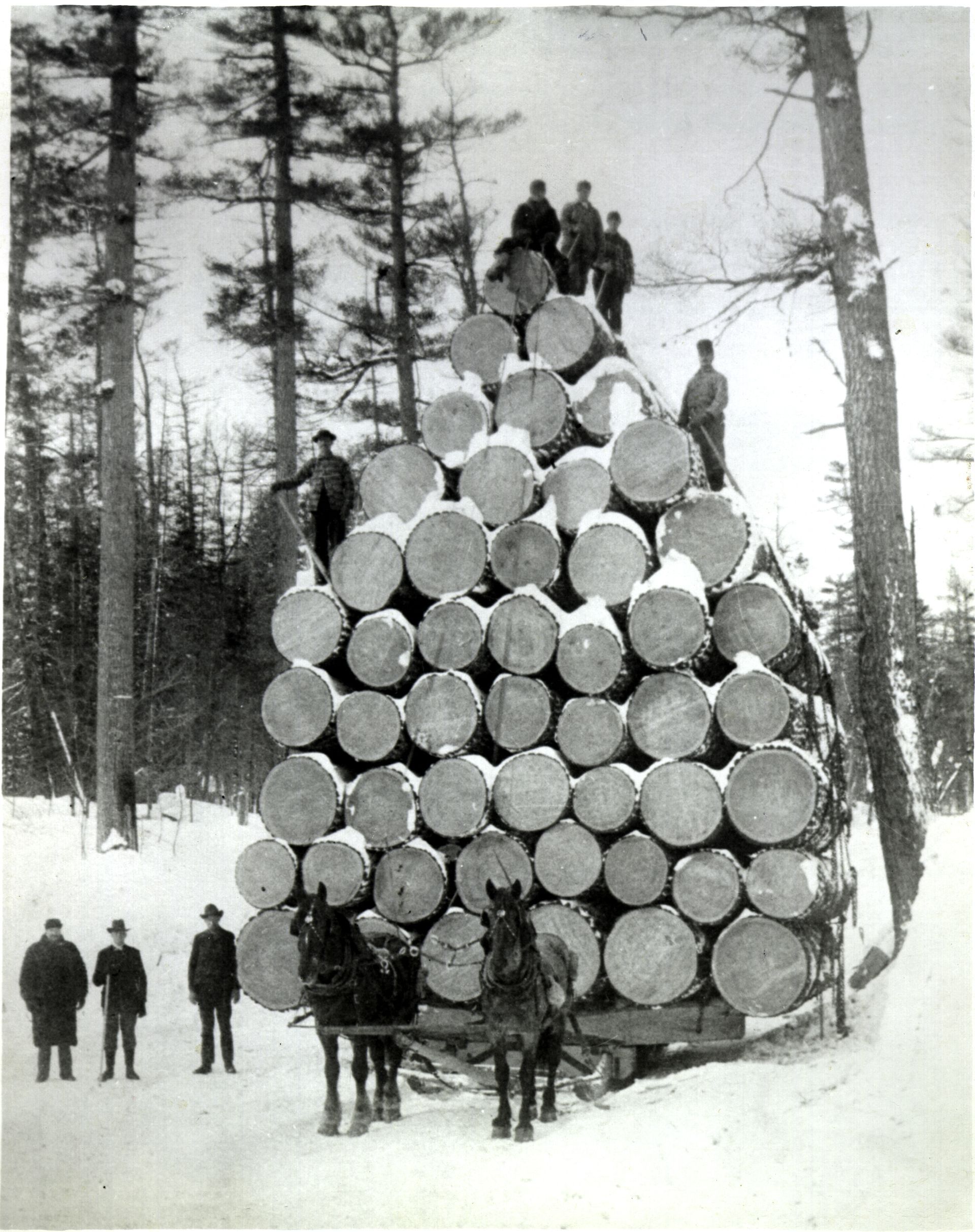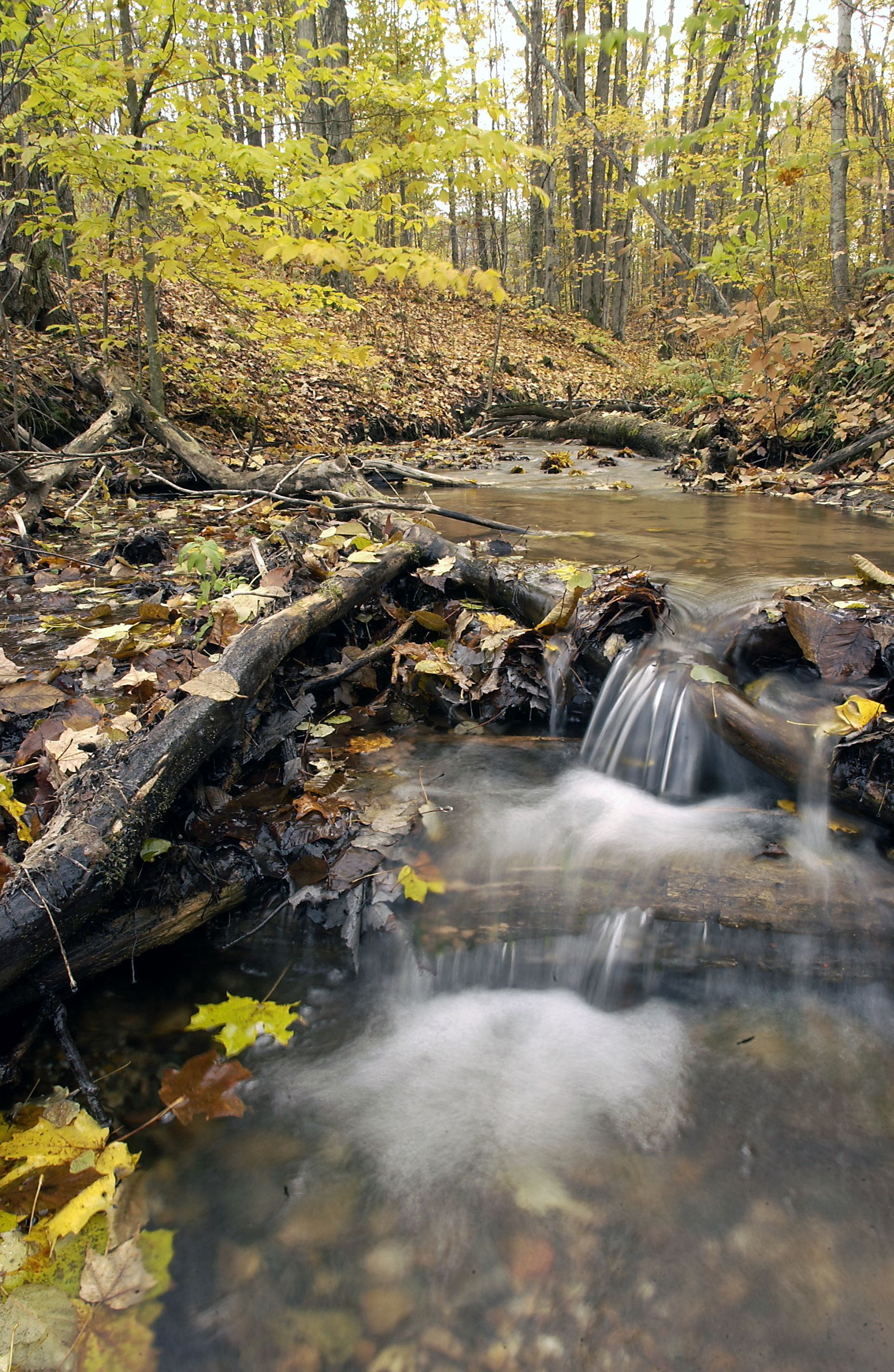Aquatic Invasive Species (AIS) Awareness Week
This week, we celebrate one of the most important holidays in the history of our country. Fireworks will fill the skies, drinks will be ice cold, and backyard grills will be fired up as people celebrate the red, white, and blue. However, this week also marks an important week for invasive species. June 30 – July 6 is this year’s Aquatic Invasive Species (AIS) Awareness Week. Around 50 boat landing events are planned throughout the state to mark the occasion and spread awareness about aquatic invasives. The Michigan Department of Natural Resources (DNR) notes that “ public awareness about the impacts of harmful, nonnative aquatic plants and animals is critical to protecting Michigan’s ecosystems, tourism, and economy “.
Aquatic Invasive Species
The U.S. Department of Agriculture’s National Invasive Species Information Center writes that “aquatic (water-dwelling) invasive species are nonnative plants, animals, and other organisms that have evolved to live primarily in water (aquatic habitats)”. They also note that common aquatic invasive species include algae, floating plants, submersed plants, insects, fish, reptiles, and more. These organisms are invasive because they cause harm to the ecosystem around them. They have been introduced to areas beyond their native range, and they can quickly outcompete native species for resources such as food and habitat. Aquatic invasives also make it more difficult for people to recreate on Michigan’s waters, which in turn negatively impacts our economy.
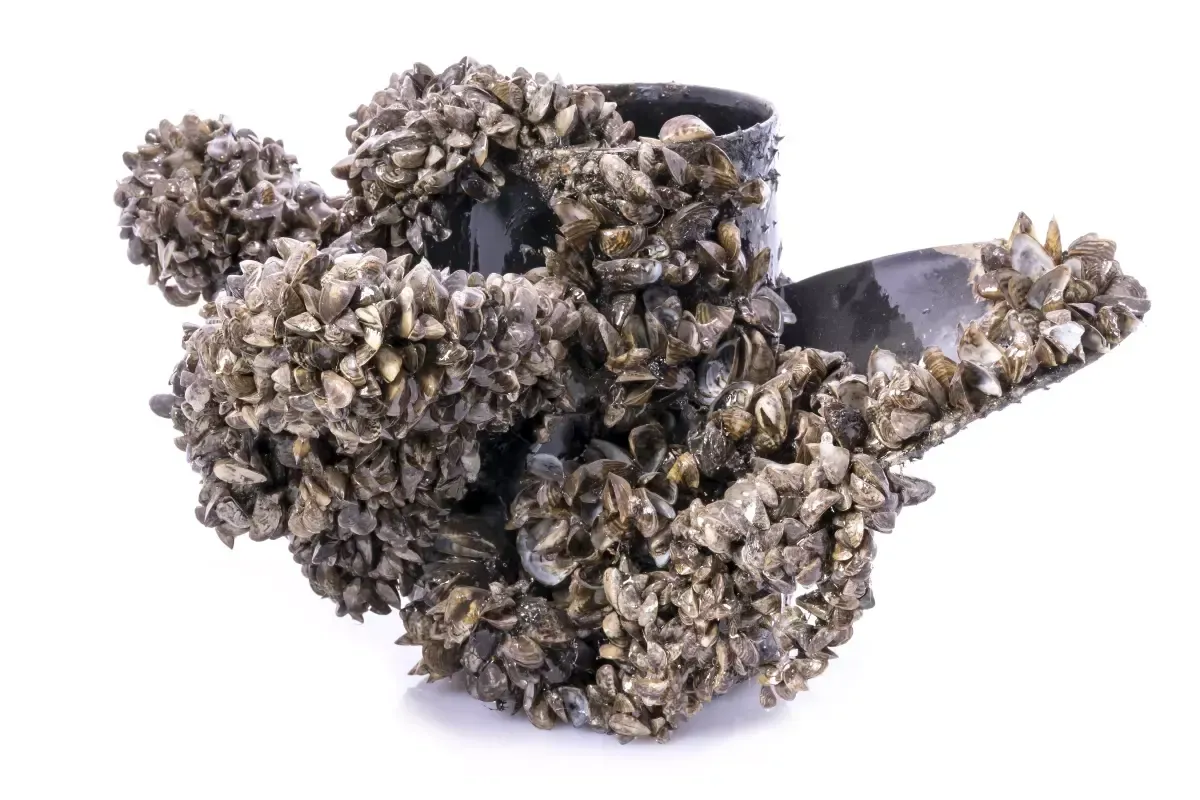
Take Action
Want to learn how to take action and help prevent aquatic invasive species from further spreading? The Michigan DNR requires a few key things that every boater and angler must do when recreating on Michigan’s waters:
- Remove all aquatic organisms from boats and trailers before launching or transporting
- Remove all drain plugs and drain all water before transporting
- Dispose of unused bait in the trash , and do not throw it into the water
Other recommended actions by the DNR include washing boats and trailers before transporting and drying them for at least 5 days, and disinfecting live wells and bilges with a bleach solution (1/2 cup of bleach to 5 gallons of water). MSU Extension also offers a free Mobile Boat Wash program for boaters to receive a free boat wash and to help educate them on the prevention of aquatic invasives.
Clean, Drain, Dry
Clean, Drain, Dry is part of an initiative created by the Stop Aquatic Hitchhikers! national campaign. It aims to give people a simple step-by-step guide to help prevent the spread of aquatic invasives. The steps are listed below:
- CLEAN off visible plants, animals, and mud from all equipment
- DRAIN watercraft bilge, livewell, motor, and other water-containing devices
- DRY everything for at least 5 days or wipe with a towel before reuse
- DISPOSE of any unused bait in the trash (for anglers only)
These steps work together in harmony to stop the spread of aquatic invasive species. Cleaning removes visible organisms, draining removes water which hides small organisms like larvae, and drying is necessary to ensure living material is not moved.
Following these key steps ensures that aquatic invasive species are not spread to new areas. It’s important that every boater and angler in Michigan work to help conserve and protect the environment we live in. By keeping our waters clean, we ensure that future generations can enjoy our natural resources for many years to come.
The post Aquatic Invasive Species (AIS) Awareness Week appeared first on Michigan United Conservation Clubs.
Recent Posts
